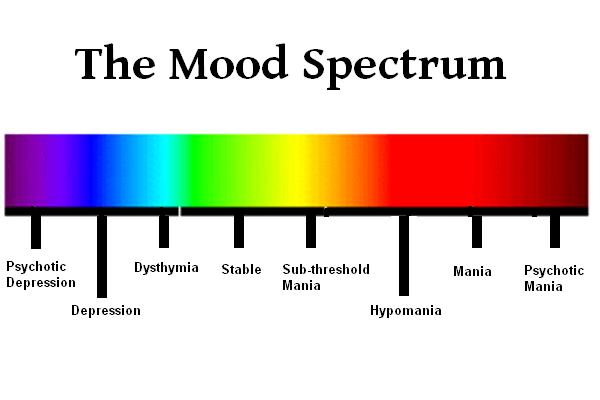On Normalization
 •
by
•
by Pfenix Quinn

And up and down the lonesome town
I stood a-wondering which way to go
I lit a cigarette on a parking meter and walked on down the road
It was a normal day
Well, I rung the fallout shelter bell
And I leaned my head and I gave a yell
“Give me a string bean, I’m a hungry man”
A shotgun fired and away I ran
I don’t blame them too much though, I know I look funny
Down at the corner by a hot-dog stand
I seen a man
I said, “Howdy friend, I guess there’s just us two”
He screamed a bit and away he flew
Thought I was a Communist
On Normalization
As the SFP pee-pee race approaches, it seems to me that many of the socialist freedom conrads are observing that normalization can have a range of meanings.
Let's evaluate, shall we?
Simply put, normalization means adjusting values on different scales to a notional common scale. In more complex cases, finding the norm means making sophisticated adjustments to bring an entire probability distribution into alignment.
I think you get my drift.

With reference to scoring, then obviously we're talking about a normal distribution. Unless we're dealing with quantiles, in which case we'd seek to bring the quantiles of different measures into alignment.

In statistics, the norm refers to the creation of shifting scales, allowing comparisons of normalized values from distinct datasets in a way that eliminates the effect of certain gross influences.
But.
Normalization can also involve a need to rescale. That is, to arrive at values relative to a change in size.
Then there are norms of ratio, where only rational measures are meaningful, rather than intervals. In other words, the kind of norms sought when the distance between things is not as meaningful as measurements of the ratio.
Finally, let's consider something a bit difficult to measure...
It is said, theoretically, that parametric normalization can lead to pivotal qualities!
That means that a sampling distribution can be observed which does not depend on its parameters. This, in turn, can open the door to even stranger things: ancillary statistics, where pivotal qualities can be computed from observation alone, without even knowing the parameters. Cool, huh?
To summarize, it's simple, if not obvious: Don't be chicken, guys.

Because there's no need to fear standard deviations.


Comments
"Metaphors influence the mind in many unnoticed ways. The willingness to describe fierce disagreement in terms of the metaphors of war makes the very existence of real wars seem more natural, more inevitable,
more a part of the human condition. It also betrays us into an insensibility toward the very idea of war, so that we are less prone to be aware of how totally disgusting real wars really are." -- Rant Casey, after nearly overdoing on anti-depressants
It worked better before poking Captain Obvious in the eye. 🙂
I'd follow the norm if i were sfp
Beautifully said! Pure...and so true.
It has been said that there is no such thing as normal, but if there were, I would favor a return to normal.
Wonderful!
I like diversity, but it is better to stay out of the extremes. 😉
I too like diversity, but not for its own sake....
Nice article!
Great article!
I read "don't be chickenguys".